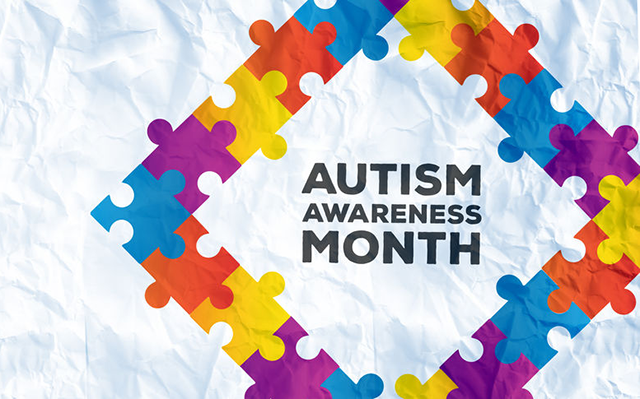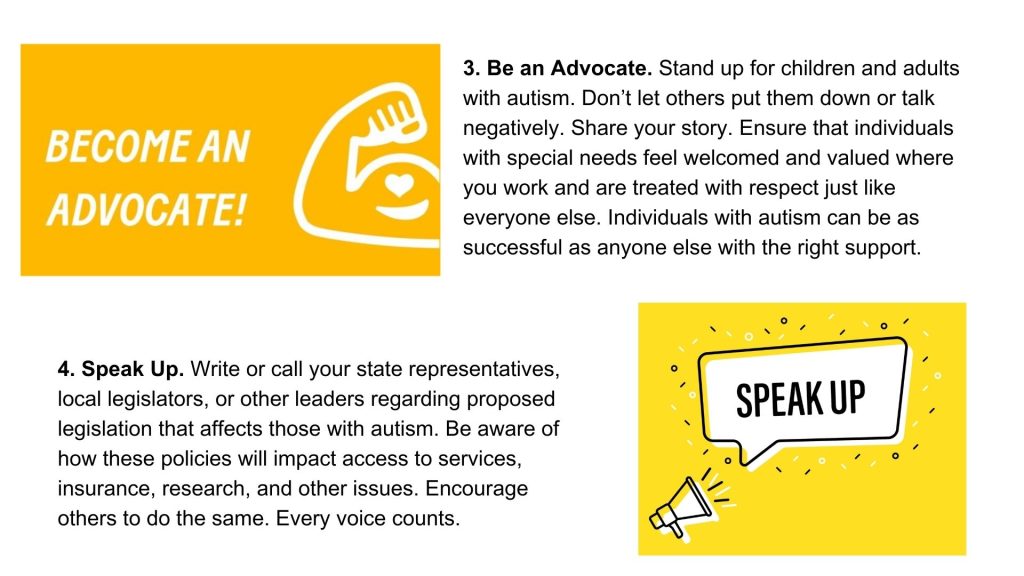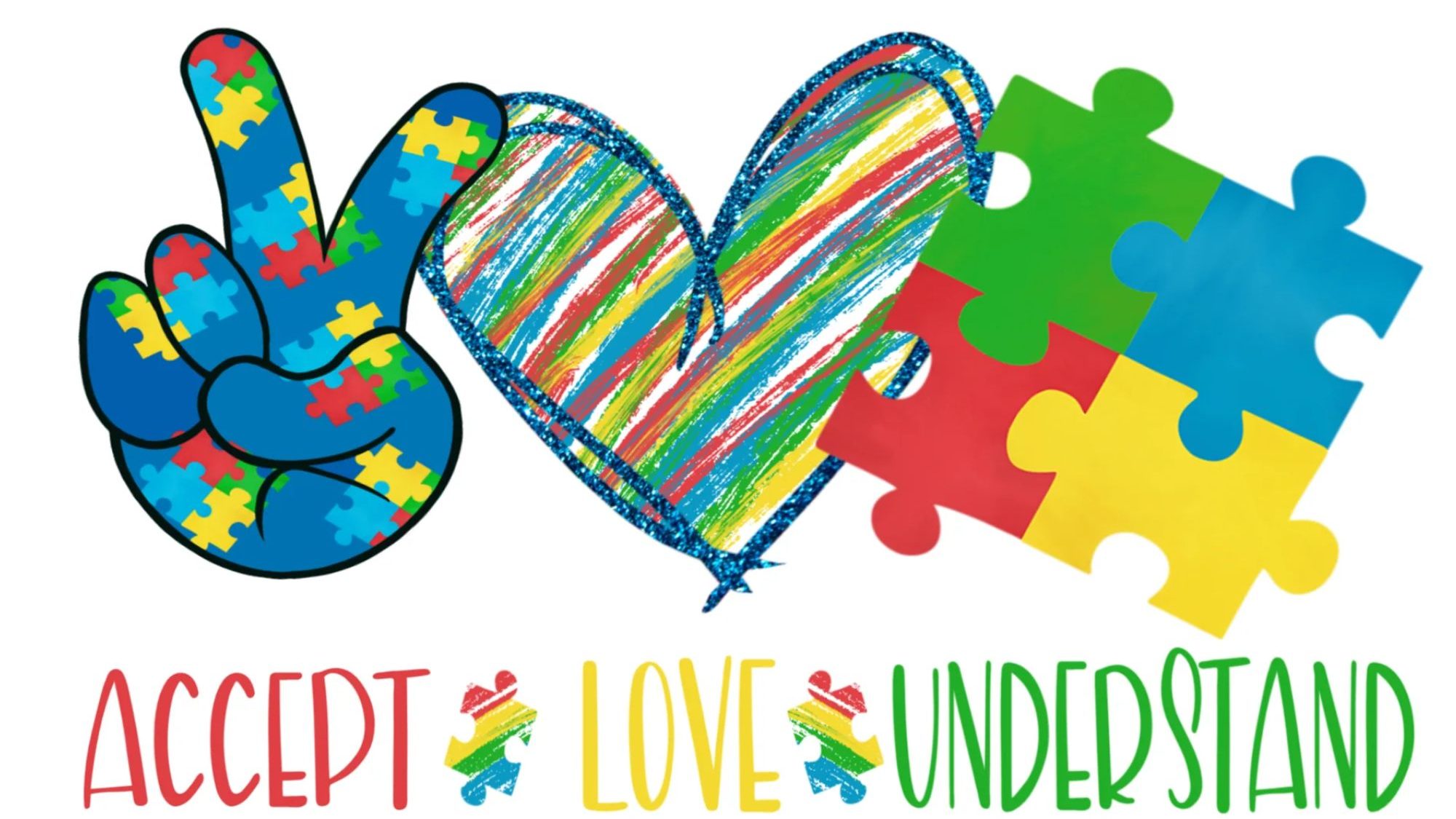
“Every April Autism Speaks celebrates World Autism Month, beginning with the United Nations-sanctioned World Autism Awareness Day on April 2.” [1]
“National Autism Awareness Month raises awareness for autism and Asperger’s syndrome during April. Autism is a complex brain disorder that often inhibits a person’s ability to communicate, respond to surroundings, and form relationships with others.
According to WHO, about one in 270 people in the world has autism spectrum disorder (ASD). ASD is a group of developmental disabilities that causes challenges in many areas of one’s life. Some of the profoundly affected areas include social, communication, and behavior. Children with ASD are usually nonverbal or they have restricted or repetitive behaviors. ASD also affects people of all racial, ethnic, and socioeconomic backgrounds.” [3]
“Some 5.4 million American adults and 1 in 36 children have been diagnosed with autism. Their experiences with the condition vary widely, but their talents and potential are too often misunderstood or overlooked. Autistic people routinely face unnecessary obstacles to securing employment and health care and children face bullying and barriers to education.” [4]

How to support the autistic community
“Everyone has different strengths, interests, needs and challenges. Just like with any other friend, colleague or acquaintance, learning these are the first step to positive relationships and communication.”
Autistic people bring new perspectives and ideas, enriching our communities and workplaces with their gifts inspired from seeing the world in different ways.” [5]

- “Be patient while having a conversation, giving the person time to answer.
- Always strive to be encouraging and compassionate.
- Learn about their favorite interests, games or hobbies and try to find common ones.
- Be aware of the tendency by autistic people to speak at length about their favorite topics which may require some gentle prompting or redirection.
- Sustaining conversation can also be challenging. You can support them by offering choices, suggesting topics or bridging the conversation to a topic you know they can discuss.
- To make your own communication clearer, share with the individual what you want them to do rather than what you don’t want them to do (i.e., Instead of saying “don’t run,’ it’s better to say “please walk in the hall.”)
- Autistic people tend to think literally, so it is best to avoid idioms and slang.” [5]
- “The best way to be supportive and develop a good relationship with anyone is by asking how you can be a good friend, colleague, etc. So don’t be afraid to ask your autistic friend, “How can I be a better friend?”
- Support your friend if they ask for help. Be sensitive to what they want and need, not just how you think they should improve or behave.
- Try not to talk over or about them when others are around.
- Help them work on social skills by trying to engage them in conversations with yourself and others.”[5]

Ways to Raise Autism Awareness



“There is a wealth of support and information available in the autism community. There are many advocacies or charitable organizations that provide necessary help and information regarding autism spectrum disorder (ASD or autism) and among them is Autism Speaks in the United States (www.autismspeaks.org) and the National Autistic Society (NAS) in the United Kingdom (www.autism.org.uk). These organizations also provide links to other organizations or groups and other useful sources of help and support.
Organizations such as these can provide a range of services from the early years right through to adulthood.” [7]
“This April, the Autism Society of America is proud to continue its sixth annual #CelebrateDifferences campaign in honor of Autism Acceptance Month.” Be part of it and celebrate differences with us.

Resources
[1] https://www.autismspeaks.org/world-autism-awareness-day
[2] https://autismsociety.org/autism-acceptance-month/
[3] https://www.nationaldaycalendar.com/health-awareness/national-autism-month-april
[5] https://www.milestones.org/get-started/for-community-at-large/interacting-with-autistic-
[6] https://www.pediaplex.net/blog/5-ways-you-can-raise-autism-awareness
[7] https://special-learning.com/support-and-help-from-the-autism-community/
